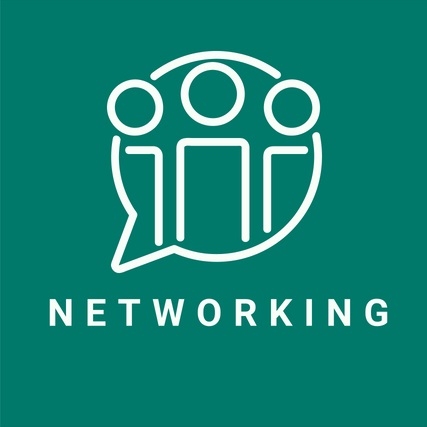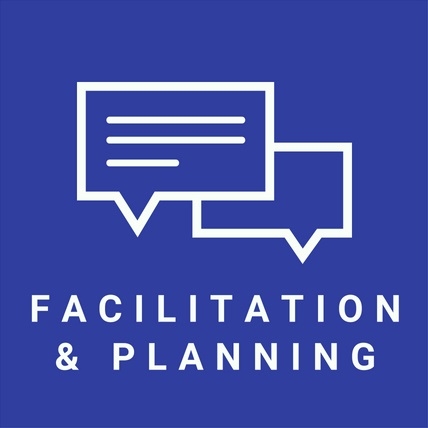Projects
CCBR typically has 15-20 ongoing projects and has completed over 500 projects since 1982. Each project is guided by our commitment to impacting social change in practical and powerful ways. We conduct research with people not on people, cultivating respect with communities at every step of the process.
Projects can be searched for using words from the project title or using the service area, theme, or date range for the project. You can also type 'Service Area' or 'Theme' into the search bar to get a list of options in each of these fields.
Projects
The purpose of this project was to 1) evaluate the efficacy of the new reporting format 2) provide information to United Way about the impact of its community investments in 2007-2008, and 3) make recommendations in several areas.
This project involved conducting research on provincial government best practices that have facilitated access to professional employment for immigrant professionals. The research aimed to help the BC International Trained Professionals Network to influence British Columbia government policy.
This project involved developing a logic model for the immigrant employment initiative proposed for Atlantic Canada by Citizenship and Immigration Canada, Atlantic Region.
CCBR conducted an evaluation of a pilot project in Kitchener-Waterloo designed to assess the prior learning of Spanish speaking newcomers and provide additional educational support towards receiving a high school diploma. The evaluation was funded by the Ontario Ministry of Education via Waterloo Catholic District School Board.
Piedmont Behavioural Health implemented year one of a Cultural Competence initiative. WLT Consulting conducted an evaluation and requested help with analyzing qualitative data from an employee survey. CCBR analyzed the data and provided a brief report on common themes regarding the impact of the initiative on employees’ understanding and practice of cultural competence in their work.
CCBR worked with the Boys and Girls Clubs of Canada to develop their national research agenda.
CCBR organized and facilitated a Somali Muslim Hate Crime Summit that raised the level of awareness about hate crimes and their victims, and that built multi-stakeholder strategies to prevent future incidents. This summit was carried out in partnership with the Somali Canadian Association of Etobicoke.
The North and East GTA Stroke Unit at Sunnybrook Health Sciences Centre conducted a survey of their regional partners to assess the attainment of provincial standards in stroke and dementia care. CCBR analyzed this data and created a report for their stakeholders.
CCBR conducted an evaluation designed to determine how satisfied stakeholders were with the process and end result of Waterloo Region Vital Signs as a community-building tool. It made suggestions to improve future rounds of Vital Signs - an annual community check-up intended to measure the vitality, identify significant trends, and assign grades in 11 key areas critical to quality of life in Waterloo Region. The evaluation was funded by Kitchener-Waterloo Community Foundation.
CCBR conducted evaluability assessments and provided evaluation framework support for mental health justice diversion programs in Waterloo and Peel Regions. This included system mapping, logic model building, and recommendations for future evaluation. These studies were funded by the Canadian Mental Health Association (CMHA)s of Grand River and Peel.
CCBR conducted an evaluation of recovery-focused case-management services in Waterloo-Wellington-Dufferin for the Guelph Community Mental Health Clinic. Findings demonstrated the impact of recovery-focused personal planning on a range of outcomes including empowerment, mental health recovery, and interdependence. This evaluation was funded by Trellis Mental Health and Developmental Services.
CCBR worked with United Way London & Middlesex to create an organizational culture that emphasizes achievement of outcomes. Tasks included running workshops for funded agencies, consulting with funded agencies individually, and helping United Way staff develop their own outcome evaluation frameworks.












